Being disabled and unable to work and earn a living can be stressful. This can be especially true if you are homeless. The Social Security Administration (SSA) offers monthly benefits to disabled workers who meet specific medical requirements and other criteria. If you are approved for disability benefits, you can use your monthly benefits to cover medical care, living expenses, and even rent or a mortgage payment. Social Security Disability Insurance (SSDI) is a program that requires you to have a work history and enough credits to qualify. Supplemental Security Income (SSI) is needs-based and specific income and asset criteria must be met.
Medically Qualifying For Social Security Disability
To qualify for Social Security Disability, you must have a medically disabling condition that has either lasted or that will last at least 12 months, or a condition that is expected to result in your death. You will need to provide hard medical evidence confirming your diagnosis and detailing the severity of your condition and your restrictions and limitations. The SSA uses a medical guide, which is called the Blue Book, to determine if a claimant meets the medical criteria to qualify. If you have a disabling condition, but you cannot meet the specific criteria of a disability listing, you may be able to qualify using a medical vocational allowance that takes your age, educational background, work history, any transferrable skills, and medical problems all into consideration to determine your eligibility.
What Are The Differences Between SSDI And SSI?
The SSA oversees two programs, SSDI and SSI. While both have the same strict medical criteria for qualification, they have other criteria that must be met. To qualify for SSDI, you must have paid enough in Social Security taxes and earned enough credits to be covered by the program. In general, that usually means having worked 5 years full-time out of the last 10 years. SSI does not depend on your work history and is needs-based, so you must have limited income and financial resources, including assets. You will need to produce paystubs, bank statements, deeds, and other proof of property ownership.
The Homeless Claimant Has Additional Challenges
A disabled homeless individual will have additional challenges. When you file a disability claim, you must provide a permanent mailing address where you can receive mail from the SSA that pertains to your claim, such as requests for additional information or any appointments that they may schedule for you. You may be able to get help with an address by speaking with social services, a homeless shelter, relatives or friends, or a church.
You will need current medical records, and if you are homeless you most likely do not have the financial resources available to get proper medical care. You should still work to build a medical history by going to free clinics or seeking treatment from facilities that provide treatment on a sliding scale. To get your disability benefits, you will need to sign up for a Direct Express debit card through the SSA or set up a bank account.
Applying For Disability Benefits
You can start the disability claims process online. You can get free computer access at a public library or with the help of social services or a homeless shelter. You can also call 1-800-772-1213 and speak with a representative to get your claim underway.
Resources:
• https://www.ssa.gov/
• https://www.ssa.gov/disability/
• https://www.ssa.gov/ssi/
• https://www.disability-benefits-help.org/glossary/social-security-blue-book
• https://www.ssa.gov/planners/credits.html
• https://www.disability-benefits-help.org/glossary/social-security-disability-medical-sources
• https://www.ssa.gov/pubs/EN-05-10073.pdf
• https://www.ssa.gov/applyfordisability/
